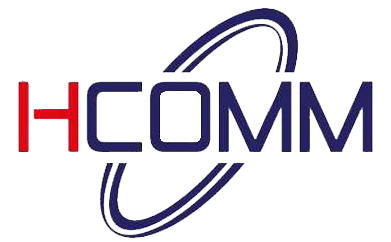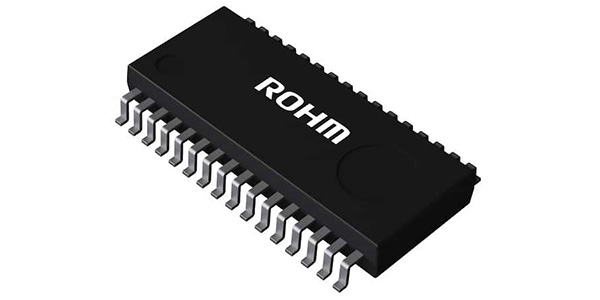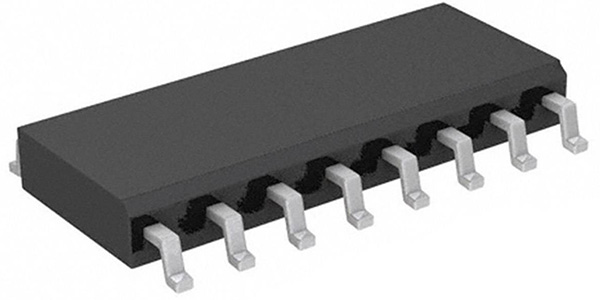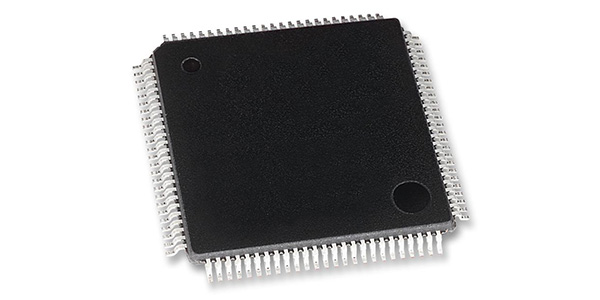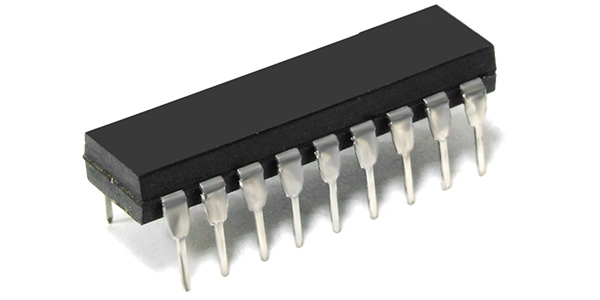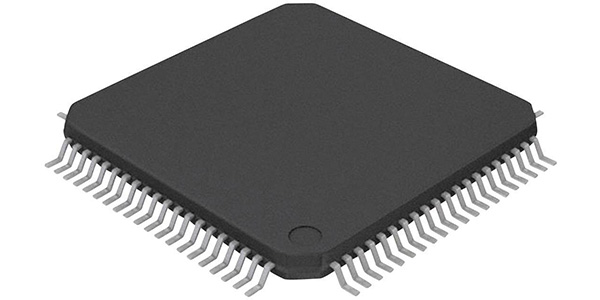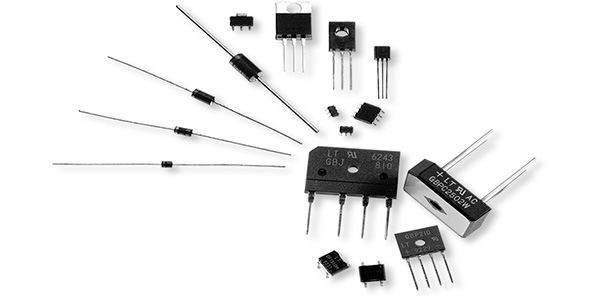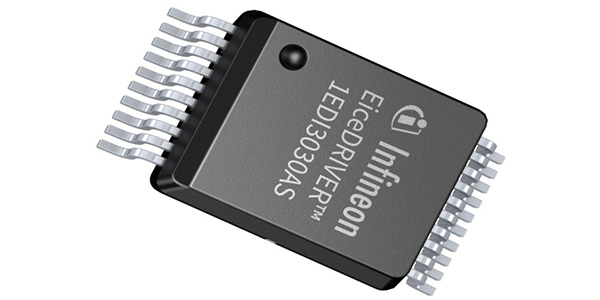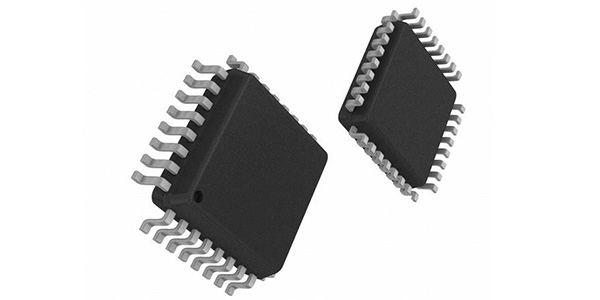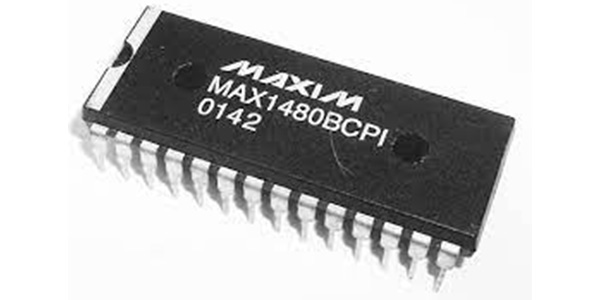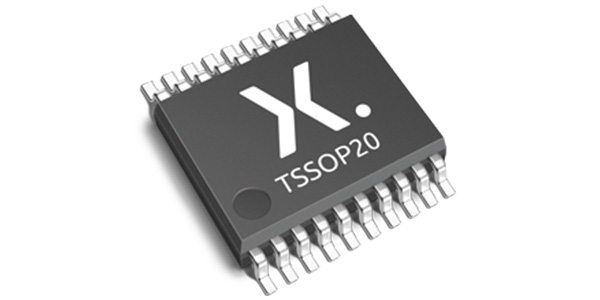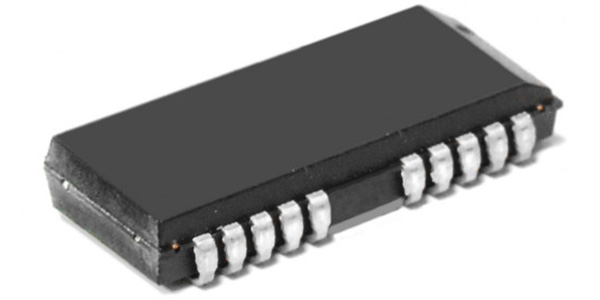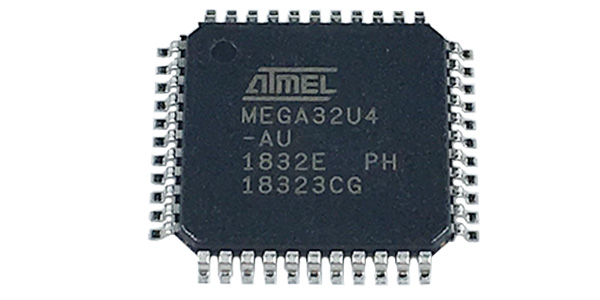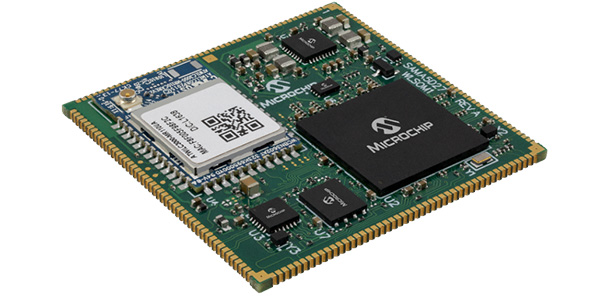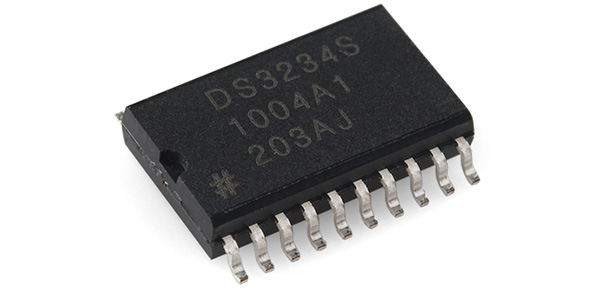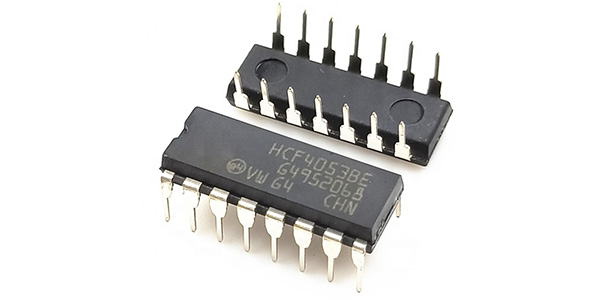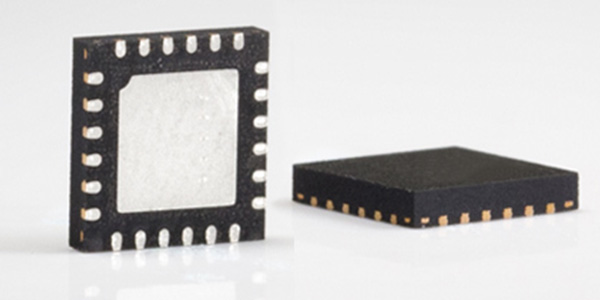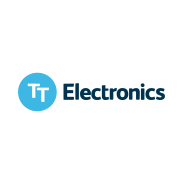Semiconductors
A semiconductor device is an electronic component that relies on the electronic properties of a semiconductor material (primarily silicon, germanium, and gallium arsenide, as well as organic semiconductors) for its function. Semiconductor devices have replaced vacuum tubes in most applications. They conduct electric current in the solid state, rather than as free electrons across a vacuum (typically liberated by thermionic emission) or as free electrons and ions through an ionized gas. The most common semiconductor device in the world is the MOSFET (metal–oxide–semiconductor field-effect transistor), also called the MOS transistor. As of 2013, billions of MOS transistors are manufactured every day. Semiconductor devices made per year have been growing by 9.1% on average since 1978, and shipments in 2018 are predicted for the first time to exceed 1 trillion, meaning that well over 7 trillion have been made to date. The items related to this field that we can supply are as follows:
